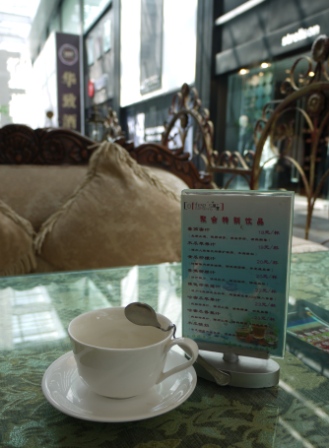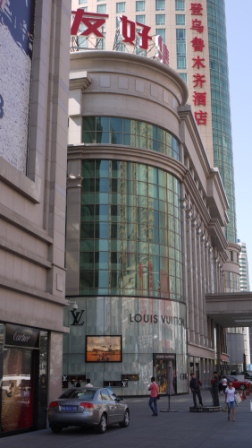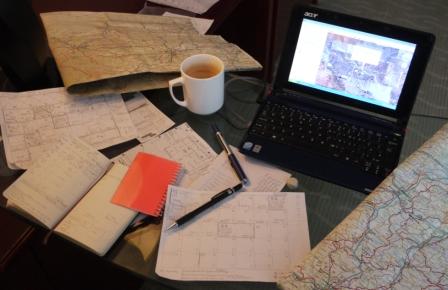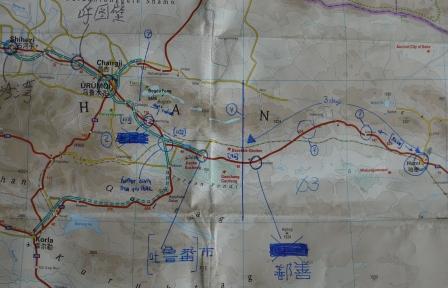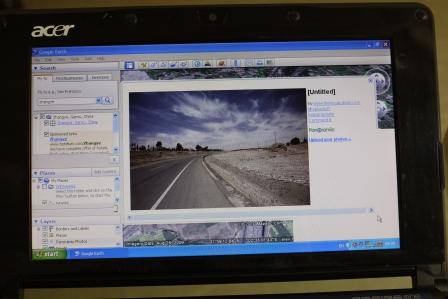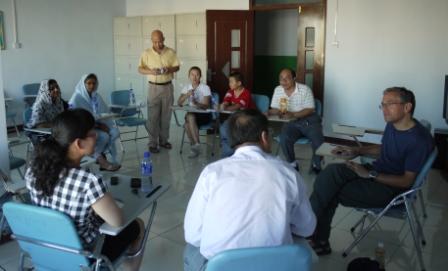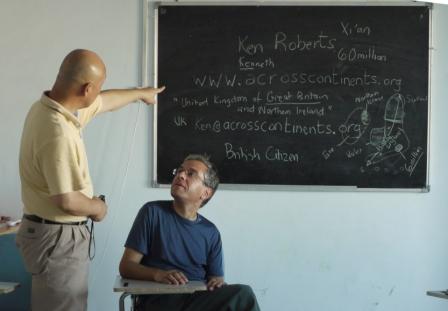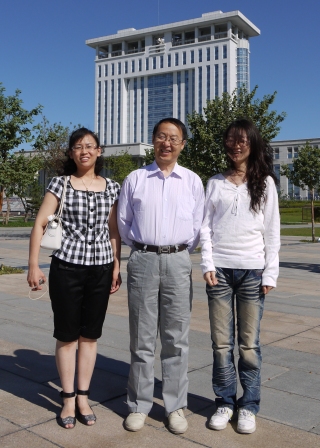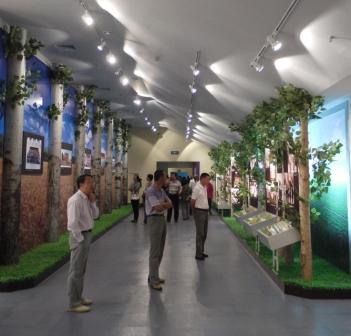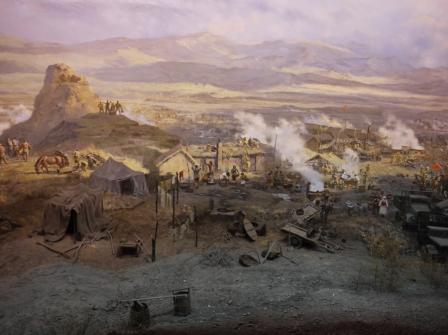Hmmm. Reckon about four hundred miles. I’d been consulting the map, curious as to how close I was to the Western Chinese city of Aksu. Reports on the BBC website of a bomb attack there, seven dead and fourteen injured, four seriously. But no mention on Chinese Central Television’s nightly news bulletin.
You’d be forgiven for thinking I might be leaving in fear. It’s not clear who’s behind the bombing, but, given long-standing tensions between the local Uighur people and the Han Chinese from the east of the country, it’s not difficult to see where suspicions will fall. In any case, I don’t feel like a target, not that innocence is ever a guarantee of safety. The history of human conflict shows it is the hapless by-stander who inevitably suffers the most.
But the reality is that, however tragic the events in Aksu, the situation at my present location seems very calm. In fact, if I’d not been checking my feed from the BBC website, I doubt if I’d have known about the incident. And I’ve little doubt that the Chinese authorities will deal very robustly with the situation.
If I’ve any concerns, then they’re of a strictly practical nature. Internet access, e-mail and text messaging have only recently been restored in the region, and I’d be very disappointed if today’s incident led to a fresh clamp down. But, given the lack of local news coverage, what appears to be a playing down of the bombing, I’d like to think that’s unlikely.
Still, bit of a pattern emerging here. First there was Bishkek, a few months after bloody rioting there, but that turned out to be one of the most pleasant, relaxing cities I’d visited in a while. And now western China, the city of Urumqi, also the scene of unrest last year. Today, a smart, sophisticated provincial capital, no hint of earlier events. Luck seems to be on my side. But, not wishing to tempt fate, no plans to visit North Korea any time soon.
